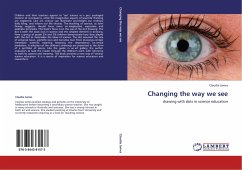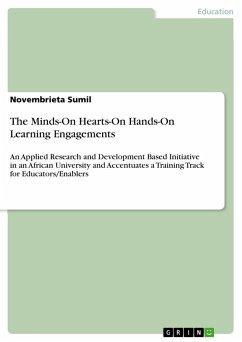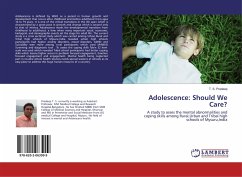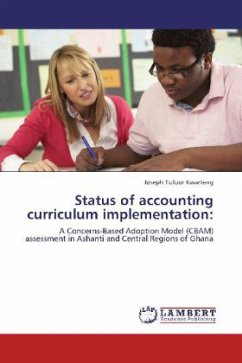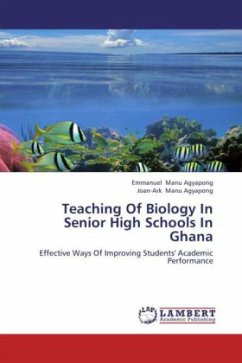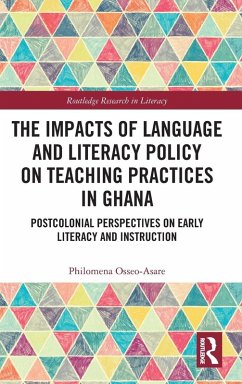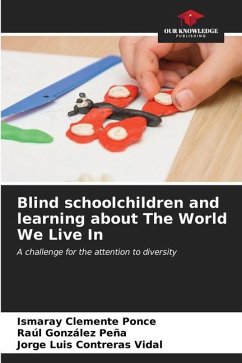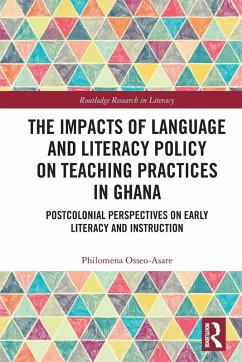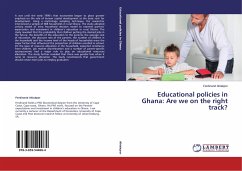
Educational policies in Ghana: Are we on the right track?
Versandkostenfrei!
Versandfertig in 6-10 Tagen
51,99 €
inkl. MwSt.

PAYBACK Punkte
26 °P sammeln!
It was until the early 1990's that economists began to place greater emphasis on the role of human capital development as the basic rock for development. Using a multi-stage sampling technique, the researcher interviewed a sample of 868 households in rural Ghana. The study adopted unitary model of intra household decision model to examine parents' expectation and investment in children's education in rural Ghana. The study revealed that the probability that children getting the desired jobs in the future, the benefits of the education to the parents, the average cost of education, the discount...
It was until the early 1990's that economists began to place greater emphasis on the role of human capital development as the basic rock for development. Using a multi-stage sampling technique, the researcher interviewed a sample of 868 households in rural Ghana. The study adopted unitary model of intra household decision model to examine parents' expectation and investment in children's education in rural Ghana. The study revealed that the probability that children getting the desired jobs in the future, the benefits of the education to the parents, the average cost of education, the discount rate of the parents, the number of children in the household and the income level of the heads of households were the major factors that influenced the proportion of children enrolled in school. On the issue of resource allocation in the household, expected remittance from children, job market discrimination and a number of parent-specific socioeconomic had a major role to play on educational resources allocation. The study further revealed that there was gender bias when it came to resource allocation. The study recommends that government should create more jobs to employ graduates



